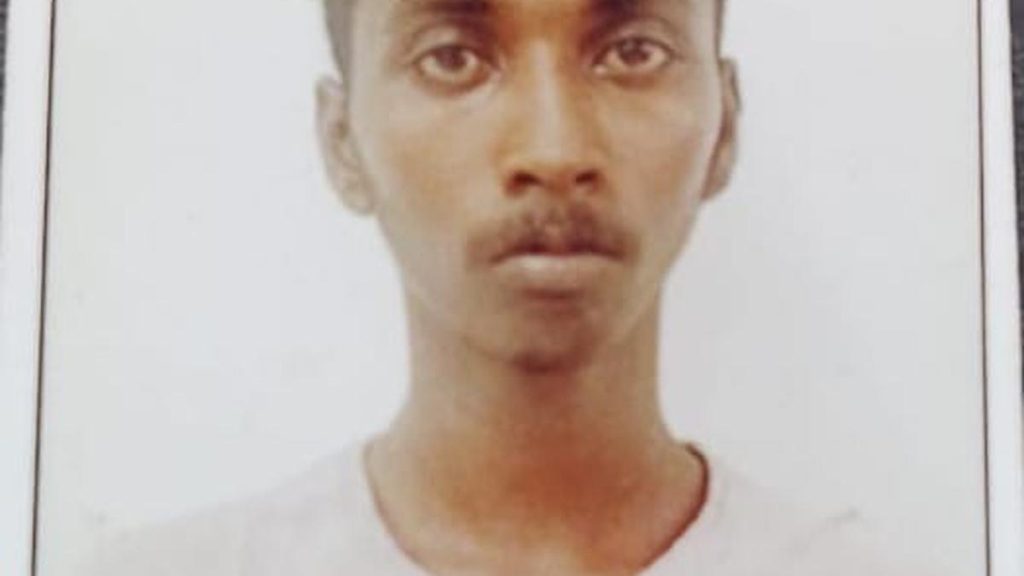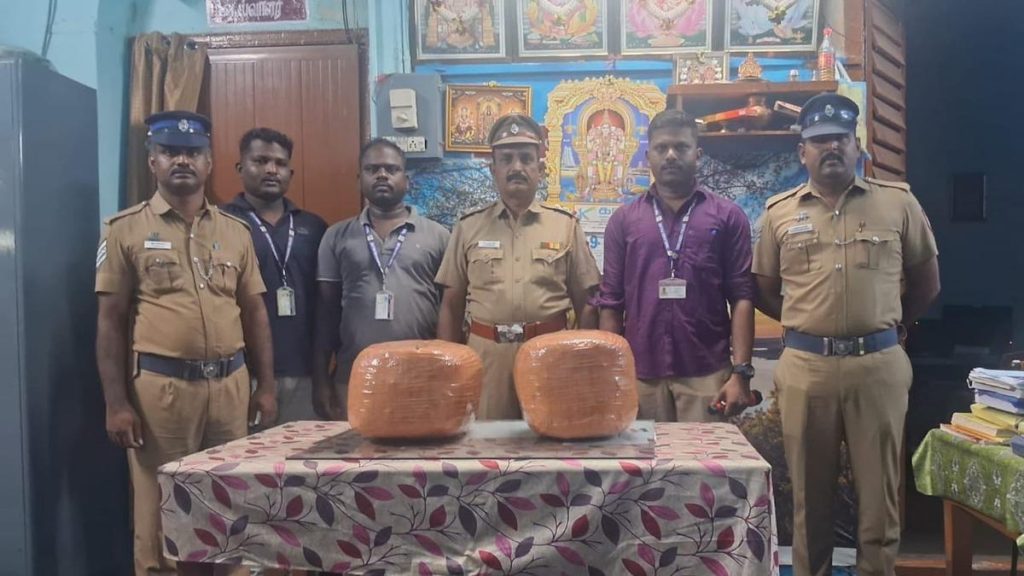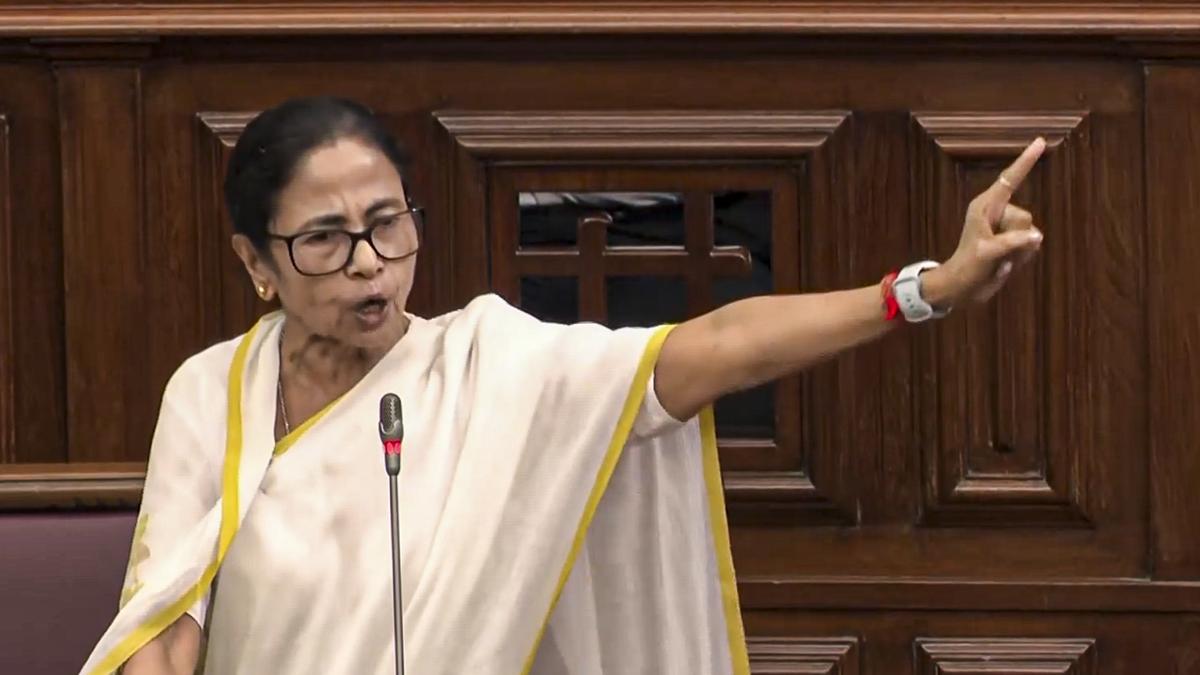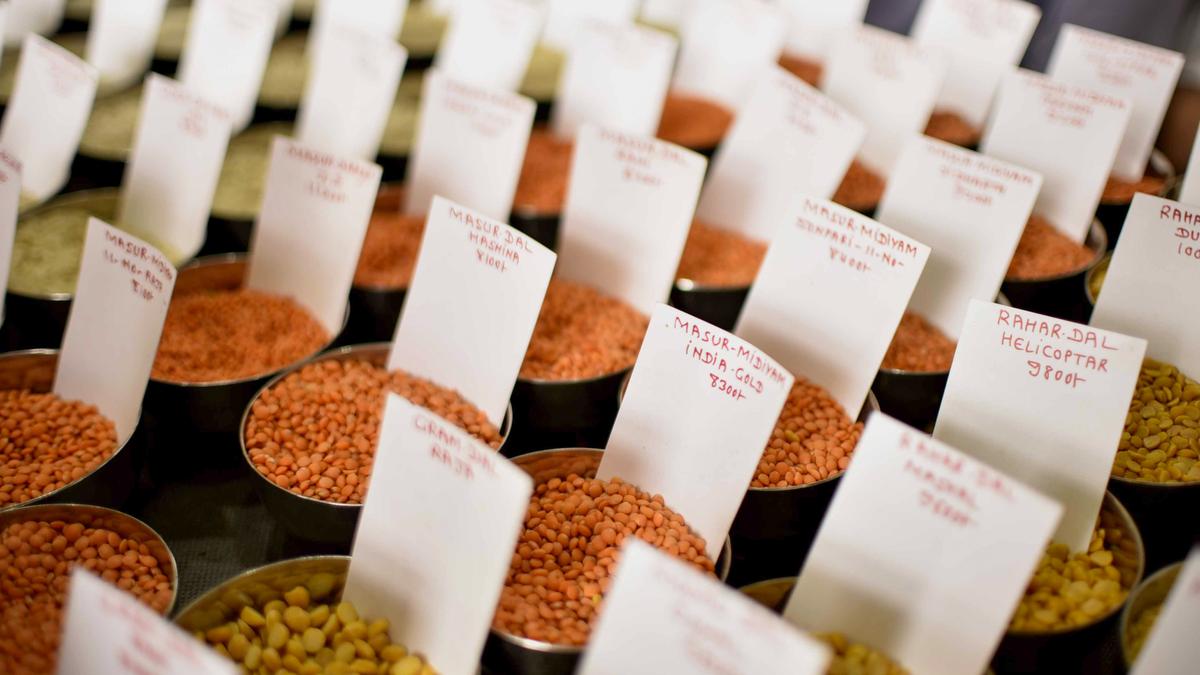Now Reading: NHRC Calls for Dedicated Shelter Homes for Transgender Children and Senior Citizens
-
01
NHRC Calls for Dedicated Shelter Homes for Transgender Children and Senior Citizens
NHRC Calls for Dedicated Shelter Homes for Transgender Children and Senior Citizens
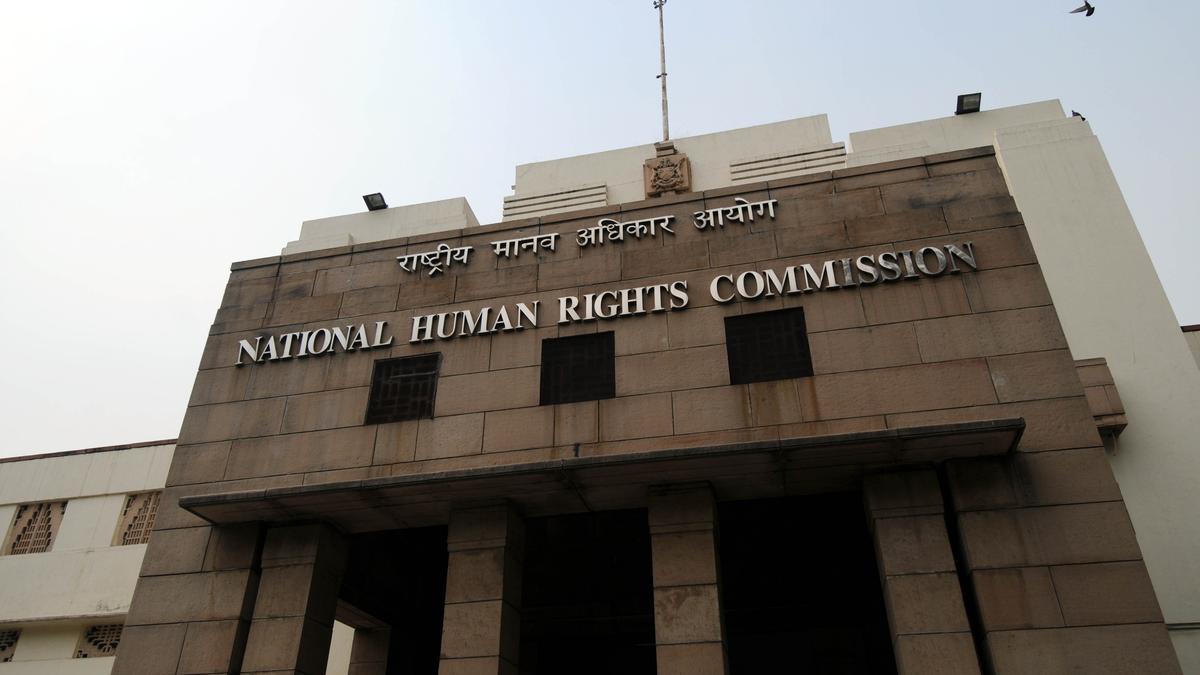
Quick summary
- NHRC Recommendations: The National Human Rights Commission (NHRC) released a report suggesting that transgender individuals under 18 years and above 60 years should be housed in special shelter homes,due to their unique vulnerabilities.
- Current Shelters: Garima Greh, the existing government-supported shelters for transgender persons, currently cater only to those aged between 18 to 60 years. Minors and elderly are excluded from these facilities.
- Issues Identified: NHRC observed irregularities in fund allocation, inadequate food provisions, inexperienced staff, eviction threats, non-functional Project Monitoring Committees (PMCs), and poor living conditions across shelter homes for trans persons.
- Recommendations: Establishment of child care institutions for gender non-conforming minors and specific welfare shelters for elderly trans people were recommended alongside improvements in timely fund distribution and enhanced management practices.
Indian Opinion Analysis
The NHRC’s findings highlight meaningful gaps in India’s support framework for marginalized communities like transgender individuals. While the Garima Greh model represents progress toward inclusivity by providing some state-backed support structures, its limited scope excludes two highly vulnerable groups-minors and elders-from necessary protections.Problems with funding delays and logistical inefficiencies undermine the sustainability of these shelters, evidencing systemic difficulty in maintaining equitable access across all regions involved. Moreover, challenges such as inexperienced staffing reflect an urgent need for capacity-building measures tailored to this demographic’s diverse needs.
If implemented effectively by addressing concerns outlined in the report-such as timely financial disbursement mechanisms-the suggested reforms could enhance India’s policy approach toward transgender welfare while setting precedent-driven social benchmarks addressing intersectional vulnerabilities that span age-specific dynamics.Read more: Published – September 04, 2025 | Source: The Hindu



